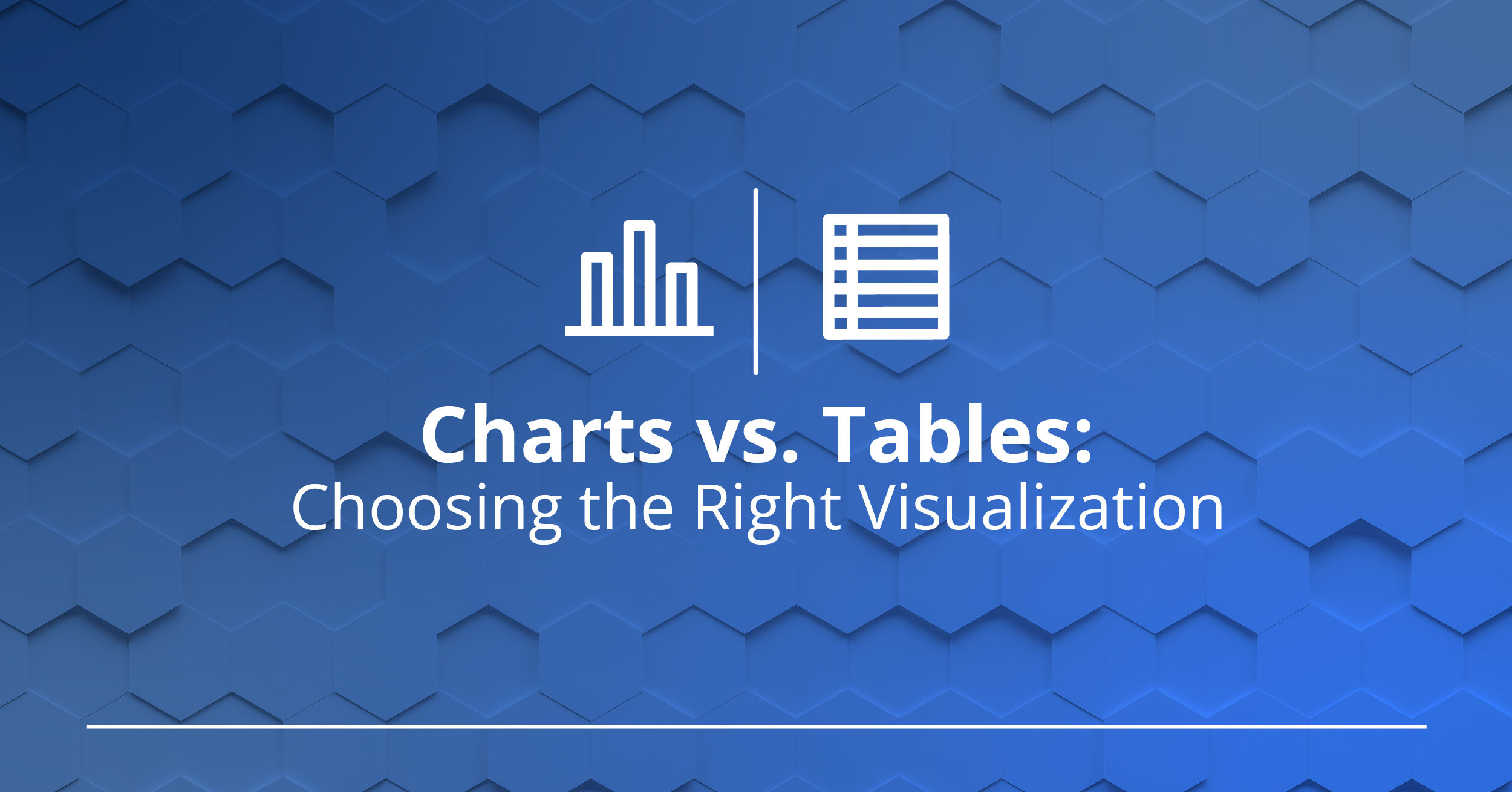Charts vs. Tables: Choosing the Right Visualization

Recent Blog Posts
Data visualization is an important part of data analysis that helps businesses understand and present data in a clear and concise manner. A data analytics platform such as retailMetrix can help businesses collect, integrate, and analyze data from various sources and create visualizations to communicate insights. This blog post will discuss the differences between charts and tables and how to choose the right visualization.
- Charts: Charts are visual representations of data that use graphical elements to communicate trends, patterns, and comparisons.
- Tables: Tables are structured grids that display data in rows and columns, but can be difficult to interpret if there are too many rows or columns.
- Choosing the right visualization: retailMetrix's data visualization capabilities allow businesses to create a range of visualizations to communicate insights effectively. Charts are effective at communicating trends and patterns, while tables are effective at displaying large amounts of data. To choose the right visualization, consider the type of data you are working with and the message you want to convey.
Charts and tables are two different types of data visualizations that can be used to communicate insights and drive business growth. A data analytics platform such as retailMetrix can help businesses collect, integrate, and analyze data from various sources and create visualizations to communicate insights effectively.
-1.png?width=2600&height=450&name=RetailMetrixLogo%20(1)-1.png)
